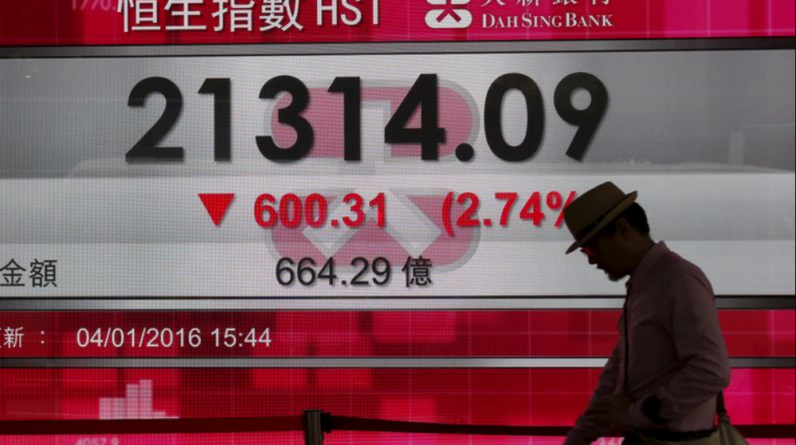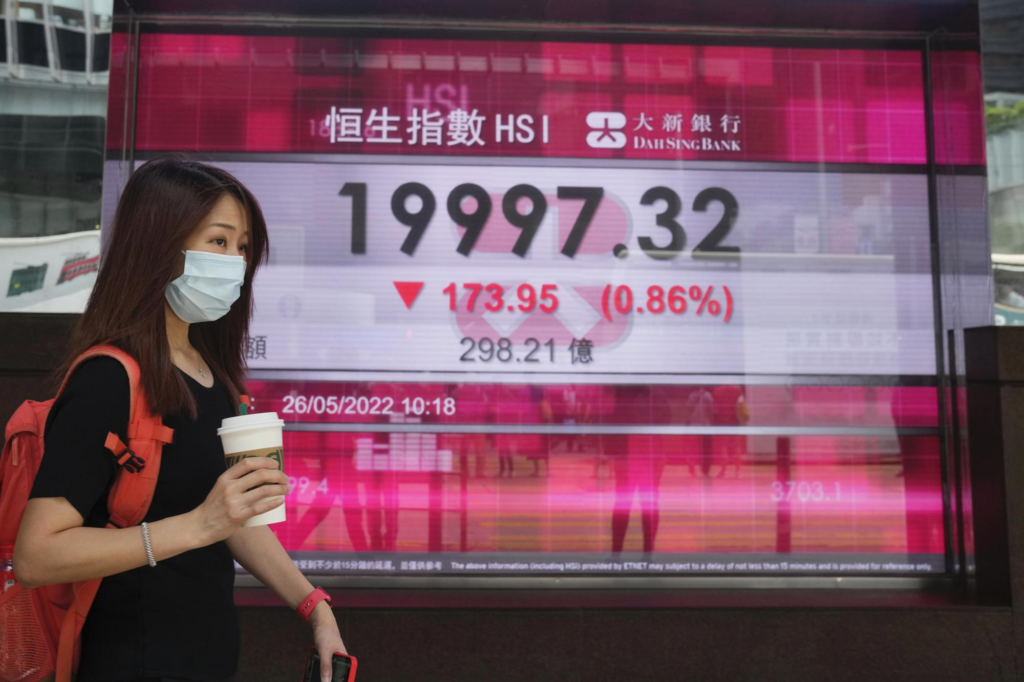
On Wednesday, most Asian stock markets traded in a flat-to-low range due to heightened caution ahead of key U.S. inflation data, with Hong Kong’s Hang Seng index losing the most due to precipitous losses in heavyweight Tencent.
The Hang Seng index declined 0.6%, primarily due to a 4% decline in Tencent Holdings Ltd (HK:0702).
This week, Prosus (AS: PRX), a major shareholder, deposited 96 million Tencent shares worth approximately $4.4 billion into the Hong Kong Central Clearing and Settlement System. Typically, this signifies a sale of shares, but Prosus claims the move is to fund a share repurchase program.
Losses in Tencent spread to other technology equities, with Alibaba Group Holding Ltd (HK:9988) (NYSE: BABA) and Baidu Inc (HK:9888) (NASDAQ: BIDU) losing roughly 2% apiece.
BYD Co Ltd (HK:1211) declined 1.9% after Warren Buffett’s Berkshire Hathaway Inc (NYSE: BRKa) sold 2.48 million more shares.
Broader As markets braced for crucial U.S. consumer price index (CPI) inflation data due later in the day, which is likely to factor into the Federal Reserve’s plans to raise interest rates, Asian markets were mainly subdued.
China’s Shanghai Shenzhen CSI 300 and Shanghai Composite indexes rose slightly but were still reeling from this week’s softer-than-anticipated inflation data, which indicates a sluggish economic recovery in the country.

The Nikkei 225 index rose 0.6%, extending Tuesday’s robust gains, after Warren Buffett said he was considering increasing his local stock investments.
Japan’s producer price index inflation declined for a second consecutive month in March, albeit at a slower-than-anticipated rate.
India’s Nifty 50 and BSE Sensex 30 indexes were marginally higher prior to the release of local CPI data later in the day, which is anticipated to reveal that March inflation moderated significantly.
The minutes of the Federal Reserve’s March meeting, due later in the day, will provide additional monetary policy signals, although markets have begun to speculate that the central bank has limited space to continue raising rates.
A potential pause in rate hikes augur well for Asian markets, but a subsequent U.S. recession could further erode investor appetite for risky assets. President of the Federal Reserve Bank of Minneapolis Neel Kashkari warned that higher interest rates and sluggish lending could trigger a U.S. recession this year.
